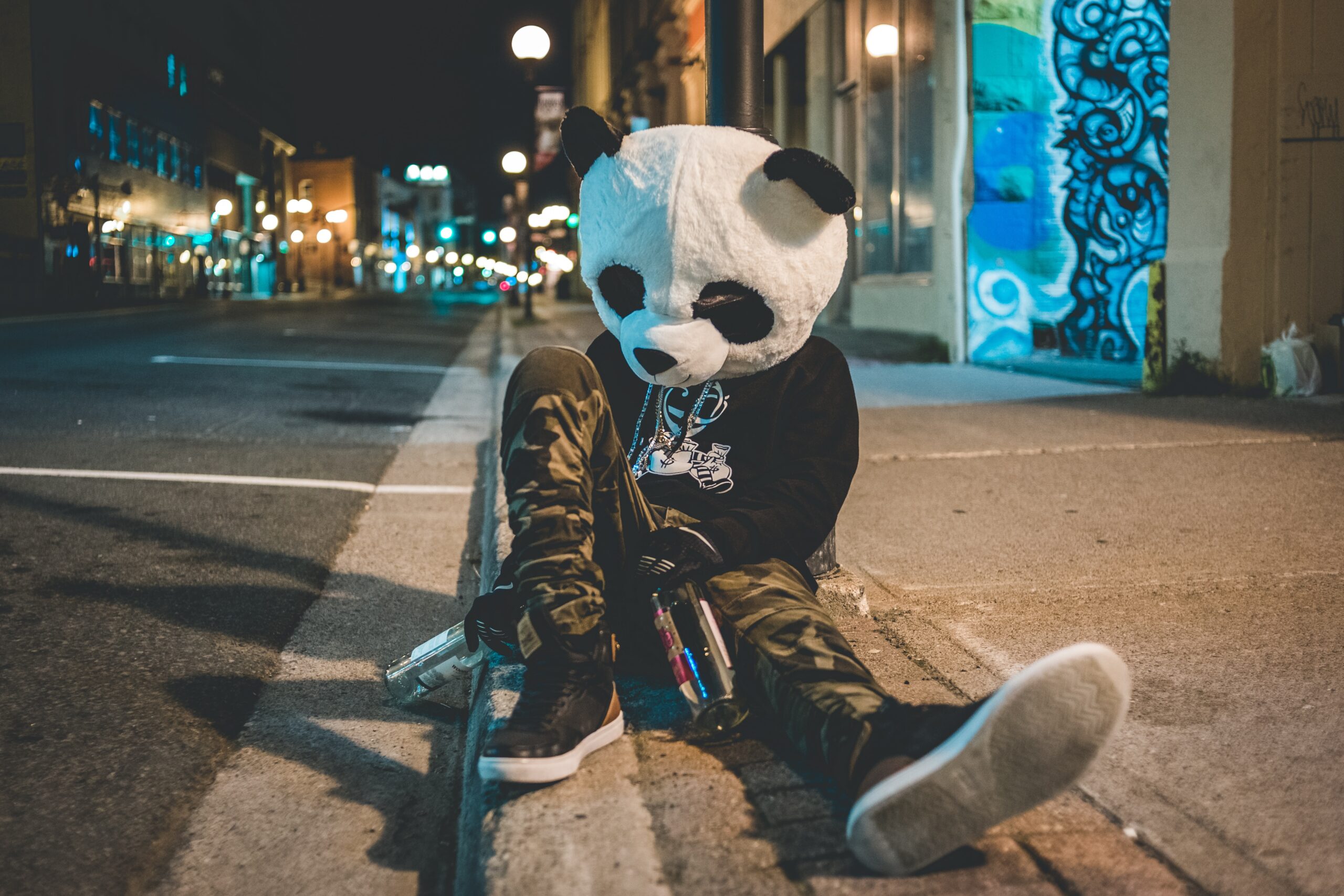The Sale and Supply of Alcohol Act 2012 was meant to be a once in a generation opportunity to reduce alcohol harm through reforming the laws regulating the sale of alcohol. Nearly a decade on, Wellington City Council is struggling to contain increasing levels of violence. This week a Wellington City Council committee will meet virtually to discuss what steps can be taken to address these issues.
The 2012 law change imposed several new restrictions on the supply of alcohol:
- Maximum alcohol sale trading hours defaulted to 8am to 4am the next day for on-license and 7am to 11pm for off-licences. Local authorities have the power to alter these and must review their own policy six-yearly.
- Supermarkets and grocery stores can only sell alcohol from a single area and that area cannot contain non-alcoholic products.
- Supermarkets cannot promote discounts on alcohol in excess of 25% that can be viewed from outside the premises.
As usual, with regard to supermarkets, these reforms created several perverse and unintended consequences. Zero alcohol beer, wine and spirits, despite being drinks intended for adults, have to be sold outside the single alcohol area according to some local authorities, but can be sold from within according to others. Those authorities that required zero alcohol beer, wine and spirits to be sold in another area simply reduced the ability of retailers to offer socially responsible alternatives to customers at the point of product selection.
At the time this law was passed, it was falsely propagated by many opponents of liberal alcohol laws that supermarkets were using alcohol to entice customers into their stores through advertising loss-leader specials. Both major supermarket chains, Foodstuffs and Woolworths NZ, actually agreed that neither would use the tactic in the late 2000s; an act that should have been considered to be cartel behaviour by the Commerce Commission. When the law changed to limit advertised alcohol discounts to no more than 25%, the specials didn’t noticeably change. Margins on alcohol were enormous and supermarkets instead reduced the normal shelf price of wine and beer so they could continue to offer similar price points on specials without breaching the discount limits. Banning ‘excessive discounting’ made alcohol cheaper across the board.
As I predicted before the law change, default maximum trading hours on all on-licence premises has had the effect of pushing all drinkers out onto the streets at the same time, with nasty consequences. In Wellington, there is no public transport until 6 am so forcing drunk people out onto the streets for two hours before they can catch a bus can only end badly. Violent assaults in the city have increased from 112 in May 2015 to 304 in May this year.
Unsurprisingly, virtually everyone involved in creating solutions to Wellington’s epidemic of violence blames everything except the restrictive alcohol supply practices as the cause. Matt McLaughlin of Hospitality New Zealand thinks the default closure time of 4 am reduced problems in the CBD, but also, that it might be better if the closing times at different venues are staggered. He blames young men and New Zealand’s drinking culture; an aspect the law reforms were meant to fix. Personally, I don’t think any legislative change will have the slightest impact on drinking culture. Individuals and their peers need to make the change in behaviour themselves.
Wellington City Council will look at a range of options including more security cameras, a sexual violence prevention plan and removing public toilets from problem hotspots in the CBD. Security cameras are only useful after an incident and I doubt they will change behaviours in those intoxicated at the time. A sexual violence prevention plan would surely look very similar to any other plan addressing any other violent behaviour in a particular locality and it would appear those aren’t working. As for closing public toilets, that is one of the stupidest suggestions I’ve ever heard from people who don’t have to clean up piss, shit and vomit on a regular basis from their doorways.
The other suggestions which really fall outside of the Council’s purview include greater welfare and mental health support for the city’s homeless and emergency housing residents. Matt McLaughlin said in January of this year that living and working in the CBD was becoming increasingly unsafe due to the number of emergency housing and social housing tenants being moved into the city by the Government. “It used to be we knew every face of the homeless, we knew who was harmless and who was trouble but even that trouble was once in a blue moon. I don’t see any of those people anymore – it’s a whole new fresh bunch of faces and it’s multiplied by 100.”
Ultimately it appears Wellington City Council will go down the path of implementing greater restrictions on people to address the negative impacts caused by existing increased restrictions. Everyone else will advocate for steps they have no power to take and the Wellington CBD will become more dangerous. I argue that Wellington City Council should alter its local alcohol plan to allow 24-hour on-license licenses and the statistics showing increased alcohol harm, hand in hand with reduced on-license hours would appear to agree with me.

